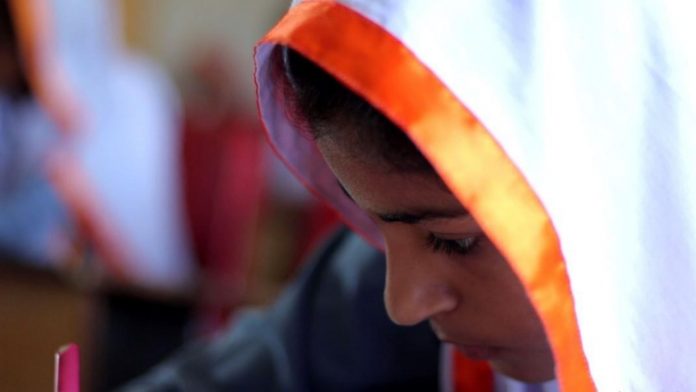LAHORE: The Sindh government has requested the World Bank for getting another extension in already restructured Rs 6.963 billion Sindh Global Partnership for Education (SGPE) project, documents available with Pakistan Today reveal.
Documents indicate that Sindh government has been making the same excuses which it made when the programme was restructured the first time.
The project was initiated in May 2014 and got restructured with extension in closing date till 29 September 2017, following the poor implementation outcomes.
The Sindh government, nearing deadline, had informed the WB that it needed further time to ensure procurement so that financial activities could be concluded successfully prior to project closure.
The letter says that disbursements had been delayed for two components of the Sindh School Monitoring System (SSMS) as the Monitoring and Evaluation director general still has to complete three rounds of data collections across all districts of Sindh.
It is expected that the M&E activities will be completed by end of September 2017. A revamped monitoring solution (mobile application and web dashboard) is under development and is expected to be completed by September.
Considering the active use of ICT solutions to manage governance in the department, a central technology unit that is staffed with competent resources to manage software and applications for HRMIS, DGME and other activities across Sindh Education and Literacy department (SELD) should be formed and parked under HRD.
Under the communication activities a complaint management system has been developed and actively pursued under the name ‘ILMI’.
This has been a well-managed complaint system as it records the complaint received and ensures timely responses and compliance by relevant education units within the department.
The Sindh government admits that there was a need to address lack of structural improvements in education outcomes and intends to maintain its strong track record in implementing reforms to this effect.
The reform programme has received strong support from development partners, including the World Bank and the European Union. The Sindh government has made strong efforts to strengthen governance and accountability mechanisms of the education sector through the Sindh Education Sector Reform.
The Sindh government admitted that the performance of the public school system, an important factor behind poor educational outcomes, is severely hampered by systemic impediments caused by poor incentives and capacity for systematic and strategic planning and effective implementation; minimal monitoring and accountability of service delivery agents for implementation integrity and performance; and system capture by insiders and other special interest groups that prefer the status quo.
These impediments result in severe weaknesses in service delivery, including through inequitable access to schools and uneven (qualified) student-teacher ratios, large numbers of non-functional schools, and ghost teachers and teacher absenteeism.
In addition, another $400 million IDA Credit which became effective on March 19, 2014, and aims to raise school participation by improving sector governance and accountability and strengthening administrative systems, and to measure student achievement. The S-GPE and SEP-II are complementary and mutually enforcing.
S-GPE interventions are expected to enhance the impact of key reforms supported under SEP-II as well as the SESP. SGPE implementation will be consistent with SEP-II in terms of using the results-based disbursement modality and sharing the same implementing entity.
























